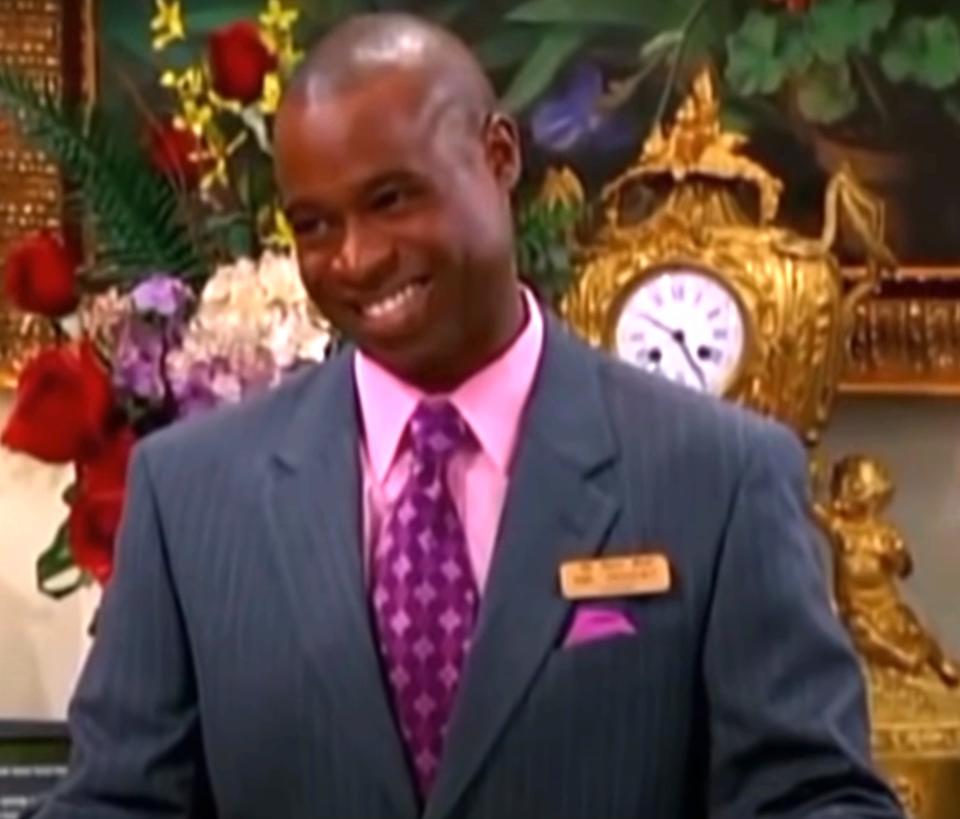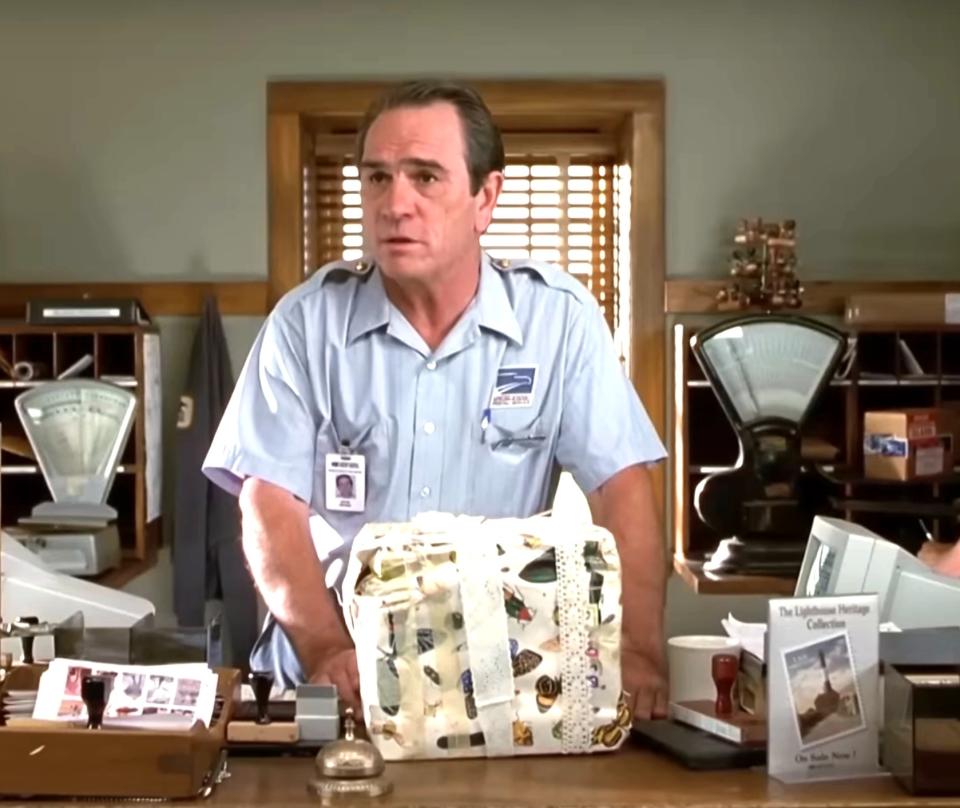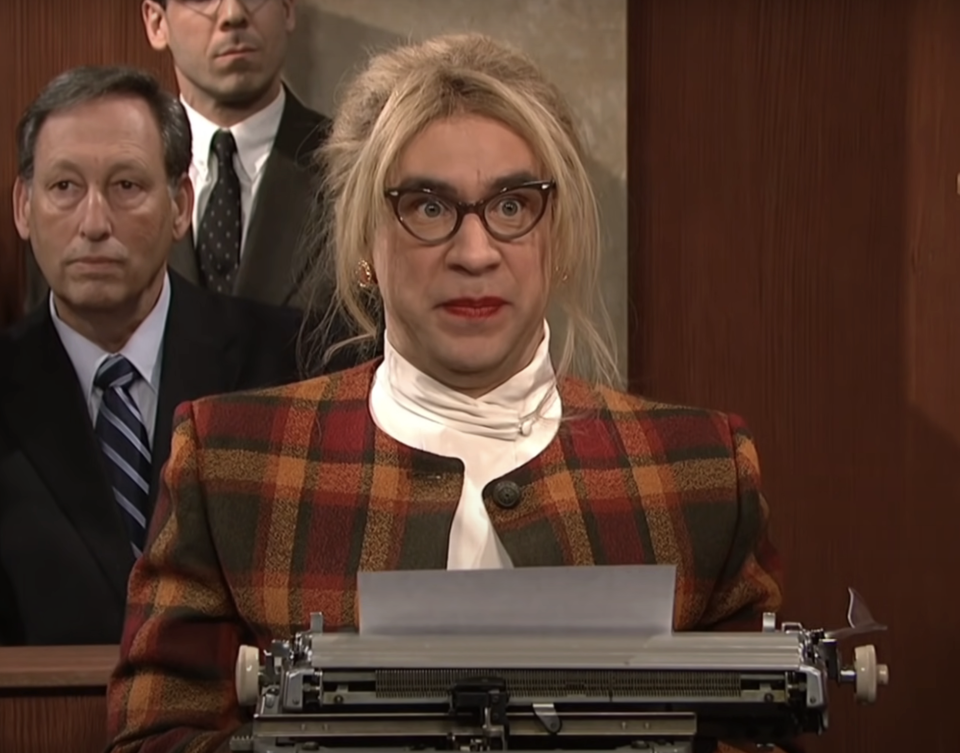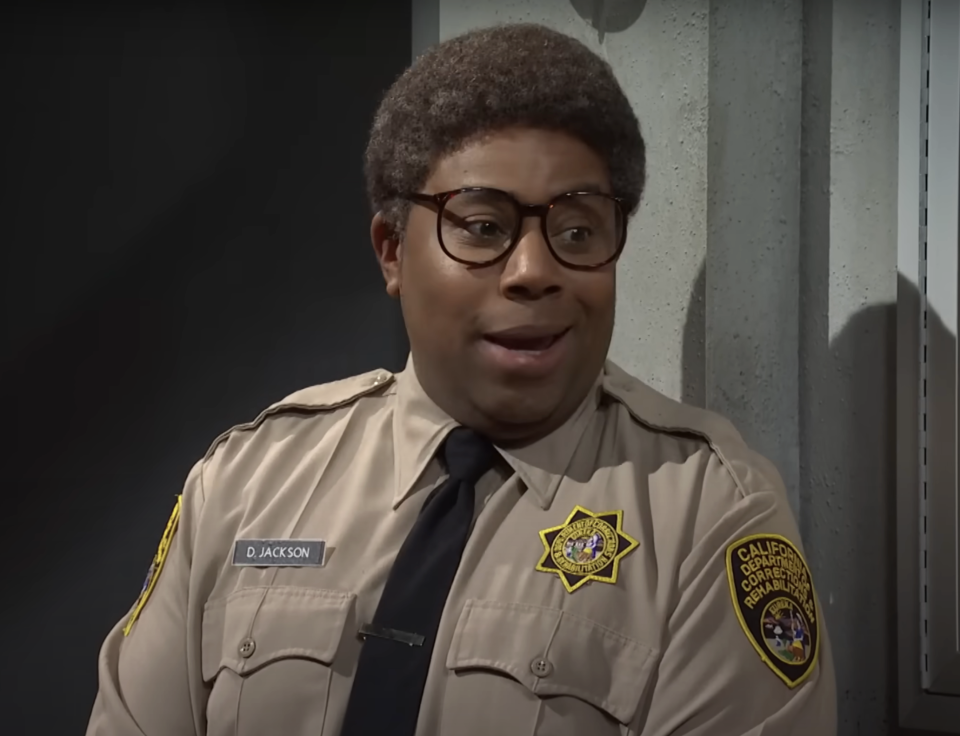15 "Hidden Gem" Entry-Level Jobs That Can Set You Up For Long-Term Career Success
Recently, I rounded up some entry-level jobs that helped set people up for lucrative careers. In the comments, other members of the BuzzFeed Community suggested more jobs that many people probably wouldn't think of.
So here are 15 entry-level jobs you probably haven't considered but should:
1."If you're interested in the medical field (nurse, respiratory therapist, clinical lab, doctor, physician assistant, etc.), become either a phlebotomist or a certified nursing assistant. Many hospitals and clinics will train you on the job, and you make pretty decent money (at least $15 an hour at hospitals). This gives you a chance to decide if this is what you want to do."

"If it is, GREAT! Many of these organizations have great tuition reimbursement programs and discounts for local colleges. Nursing (RN/LPN) can be done at a local community college, along with clinical laboratory technology, respiratory therapy, physical therapy assistant, etc.
"You can start with an associate degree and then get a bachelor's at a slower, more financially manageable pace with help from your employer. If you want to do the MD/PA route, you'll have INCREDIBLY valuable experience to take with you. If you keep your certification up while you're in school, you'll also have a guaranteed income if times get tight.
"If you don't want to continue on the patient care side, you can still leverage that into an HR, registration, non-patient-facing career and still make good money with great benefits."
2."Another one you may not think of is hotel front desk agent. I started as one, and you touch every area of the hotel's operations. If you work in a larger hotel, you can make up to 10% of every upsell. In Washington, DC, front desk workers can make upward of $70,000 a year if they're good salespeople."

"Every general manager started or worked at the front desk. It's the greatest entry into a hotel career. I've personally been promoted three times in two years. If you have the ability and customer service skills, you can make tons, and it's an amazing field."
3."Substitute teaching is an easy job to get, especially if you're in college and can only work part time."

"In Florida, Kelly Education requires an associate degree/60-plus credits and a clean background check and drug test. Technically, I still work there, but I'm looking for a more permanent job now that I've graduated.
"But you can choose when you work and what schools and teachers you sub for. And the pay isn't terrible."
4."I never see trades in this type of list. Most trades, you start as an apprentice and get paid while you learn. Some, like electricians and plumbers, pay extremely well."

"But even bricklayers make good money with very little training."
5."Get a job at the post office. The first year is brutal; you work six-day (during the holidays, seven-day) weeks and 12-hour shifts, but the pay is very good, and anything over 40 hours is time and a half. The benefits are government-job level, so the best you can get in the US. Once you get your own route, it calms down and is a pretty good gig. It's union, so there are benefits and protection; you're not going to be fired for getting sick or injured."

"And unlike Amazon, they can't require you not to take breaks and ridiculous stuff like that. If you have the stamina and physical ability and can put up with the monotony of a sorting and delivery job, you can't beat a job with the post office.
"My uncle retired from the post office, and a good friend works there now. They both say it's not an easy job, but it can set you up in a good career and for early or reasonable retirement."
6."Payroll — if you have good data entry, attention to detail, and basic math skills. Plenty of opportunity to move up. Everyone has to get paid!"

7."Driving a school bus. I started driving four years ago. I worked my butt off doing extra field trips, helping cover routes, etc. Anything that was needed, I did. I'm now working in school transportation as a professional assistant and training for a supervisor position."

"We've had drivers work their way all the way from bus driver to executive director of transportation."
8."With no college degree, I got a file clerk job at a law firm and worked my way up to legal assistant. I was there nine years, and it gave me the footing to jump into event production (the ability to work under pressure, communicate with clarity, and ensure that contracts are legit translated VERY well to events), and I love my life!"

9."If you work as a legal administrative professional or paralegal for the office of the general counsel in a corporation, you can transition easily to a contracts administrator. Contracts professionals (at least in the area I live) make a lot more than legal admins — you can easily be earning six figures within five to six years."

"The work can be stressful (you're sometimes seen within the company as a roadblock for them being able to record revenue), but you perform a vital function of trying to mitigate risk, should things go awry during contract performance. Many companies also allow contract admins to work remote full time or part time."
10."There's a shortage of certified court reporters right now. That's another way into the legal industry."

11."I was able to start at a fashion company inputting their orders, and I ended up designing shoes for them in less than two years."

12."I clean houses, and honestly, it’s great. I get a workout and listen to music or a podcast. There's no coworker drama or office politics, I can choose who I want to clean for, and I work part-time hours but make the same amount I was making when I worked 40 hours a week at an office job."

13."I work as a correctional officer at a federal prison. It's a very progressive prison where we try to help get the inmates back on their feet. We have programs for EVERYTHING — even programs to help inmates accept their sexuality and transitioning. Many of our jobs here are entry level."

"BTW, I believe private prisons should be banned. I work in a prison because I am trying to help make changes from the inside out."
14."Being a broker. Most big firms will pay for you to get your licenses in training, and you can grow into so many different areas of the business, even if you just start off in client services."

15.And finally: "You can get in the door via the call center for most financial services companies. Look for where you service the financial advisers rather than the clients, as the financial advisers are held to a code of conduct and are generally grateful for someone to help them. You can then take a multitude of courses and be eligible for other, better jobs within a few years."

Which entry-level job do you think is severely underrated? Why? Share your answers in the comments!
Note: Some responses have been edited for length and/or clarity.


